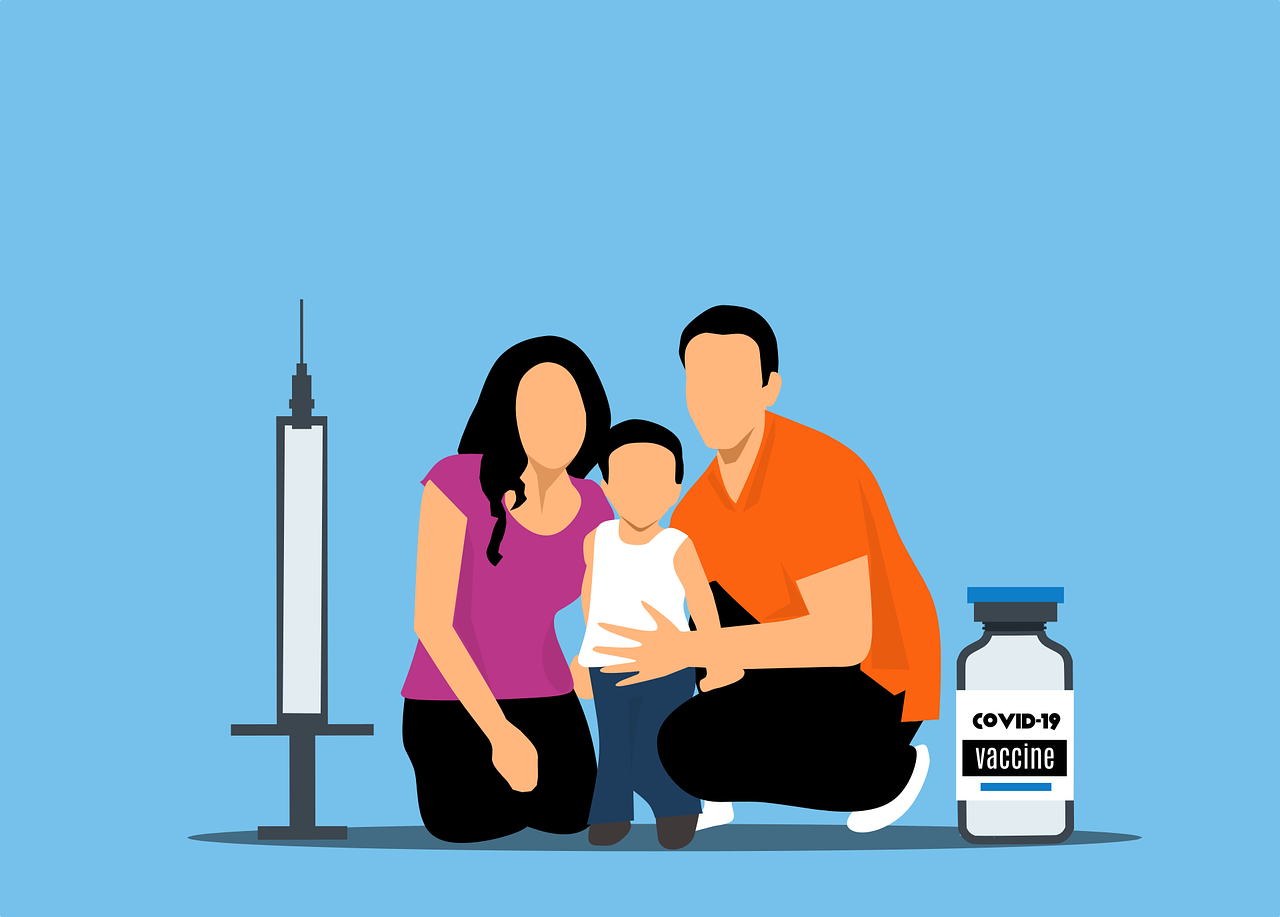Andrew Davis
Since the Covid-19 pandemic began, I keep hearing the word ‘marginalised’. We are repeatedly told that the most marginalised people in society are those most affected by Covid.
In New Zealand, this term is generally a euphemism for poor, brown people.
The Cambridge Online Dictionary defines the word as ‘treating someone as if they are not important’.
In other words, it’s not them, it’s us. It’s the way we treat them that is to blame for their poor health outcomes.
Referring to certain groups in society as ‘marginalised’ removes the agency and personal responsibility of people within these groups.
Nothing is their fault. They’re the victims.
It’s nothing to do with their lifestyle choices or their attitudes.
In a Stuff article last year, a Hawera local was quoted as saying that, “Maori in particular did not like being told what to do by the Government, “that’s just in our nature”.
This mindset is exactly why Maori are more likely to be affected by Covid.
It seems that many Maori don’t want to get vaccinated, stick to their bubbles, wash their hands and wear masks, because the government told them to do it… and they don’t like being told what to do.
However, according to the Left, Maori aren’t to blame for their attitudes. Society made them this way. It’s our fault because we marginalise them.
Except we don’t.
The idea that society treats Maori as though they’re not important is absurd. I would even suggest that Maori are treated as being more important than other groups in society.
Maori tokenism and virtue-signalling is everywhere. Maori culture is put on a pedestal in this country.
Last month, my old high school opened a new building. I read that the opening ceremony involved the school kapa haka group, and that part of the building would be used for ‘akomanga’. Whatever that is.
For context, the school has around 4 per cent Maori students and is in a neighbourhood that is 6 per cent Maori. Yet, they can’t open a building, hold a prize-giving, or have a school assembly without it being saturated with Maori culture.
A few hundred metres down the road, the Toka Puia carpark was opened in Takapuna last year. It was given a Maori name and the opening involved a powhiri.
According to the council website, “the walls of Toka Puia are a canvas for artwork depicting the indigenous history of Takapuna, guided by the storytelling of mana whenua“.
It seems that you cannot even open a carpark in this country, even in the whitest of suburbs, without it being an indigenous cultural experience.
Yet, the Left would have us believe that society ignores Maori and treats them as unimportant, and that’s why they’re not getting vaccinated.
Ironically, even some Leftist politicians seem to be getting tired of this absurd narrative.
Last month, Labour’s Kelvin Davis told Newshub Nation that “almost $25 million” has been invested in Maori-centric vaccination efforts, but people were choosing to stay home instead.
“There’s no excuse for being ignorant. It’s okay to blame the Government but we (Maori) have to take responsibility for ourselves as well”
“How many more millions of public funding do we need to keep giving to Maori service providers so more Maori go and get their vaccines?”
But here’s where it gets good. The most vaccinated people in New Zealand are… Asians!
If you want to see a ‘marginalised’ group, look no further.
Although I often hear Jacinda Ardern speaking Te Reo, I have never heard her using Mandarin whilst delivering her daily sermon from the Podium of Truth. Similarly, I have never seen any Covid posters that feature Hindi.
My old high school has four times more Asian students than Maori students, yet the school doesn’t incorporate aspects of Asian culture into their opening ceremonies.
Asians seem to be far more marginalised than Maori.

